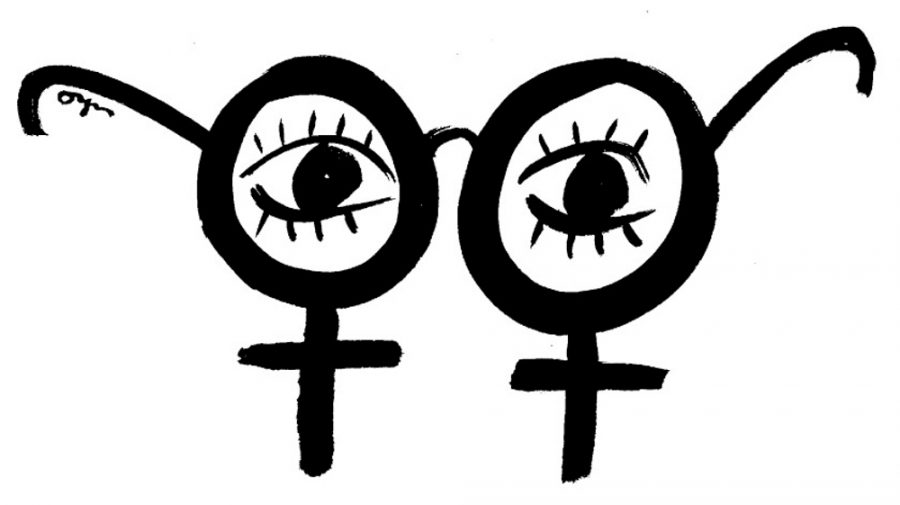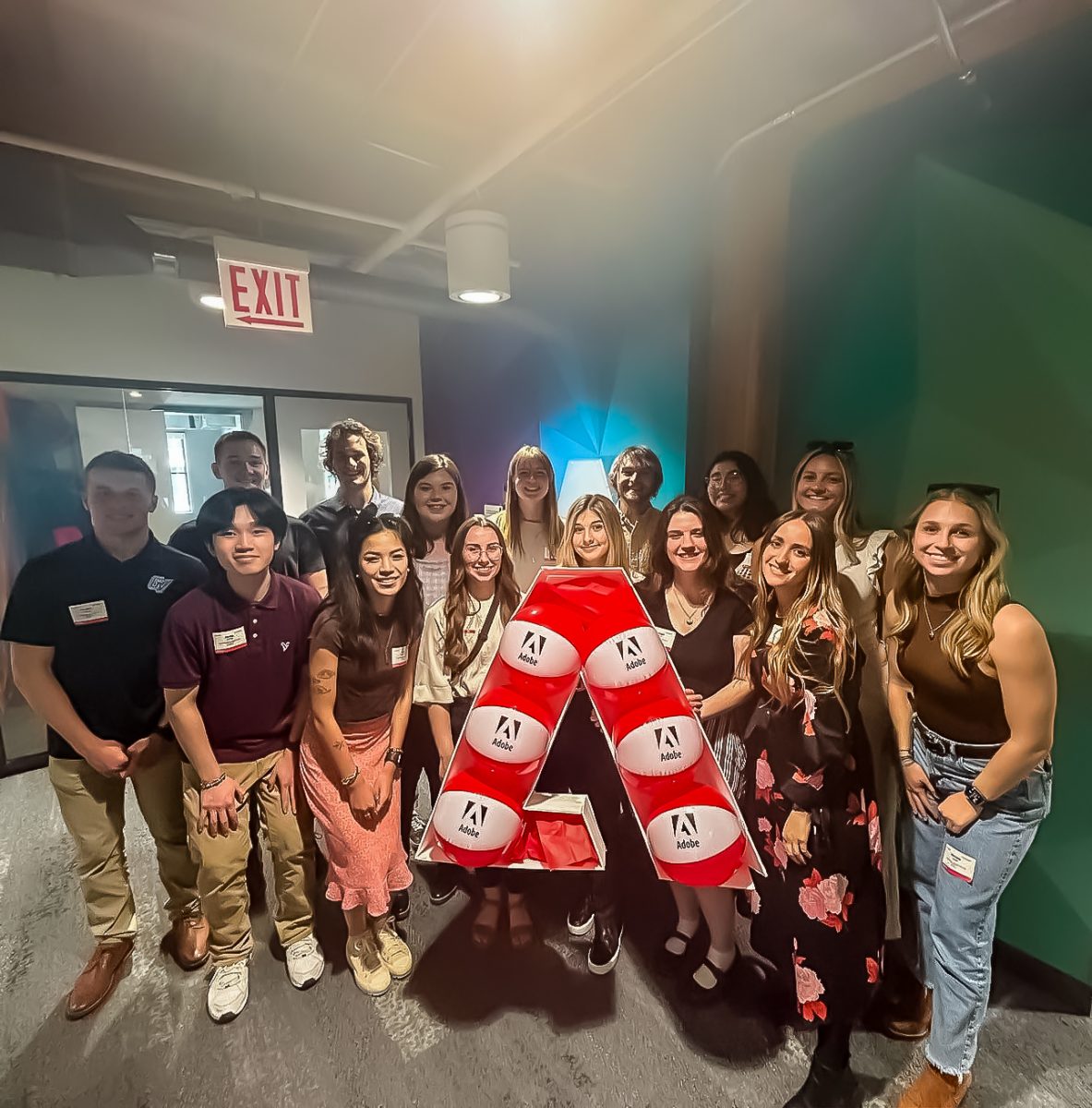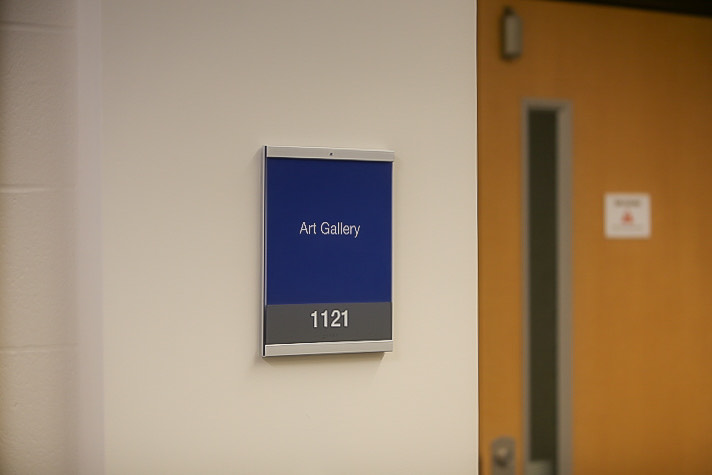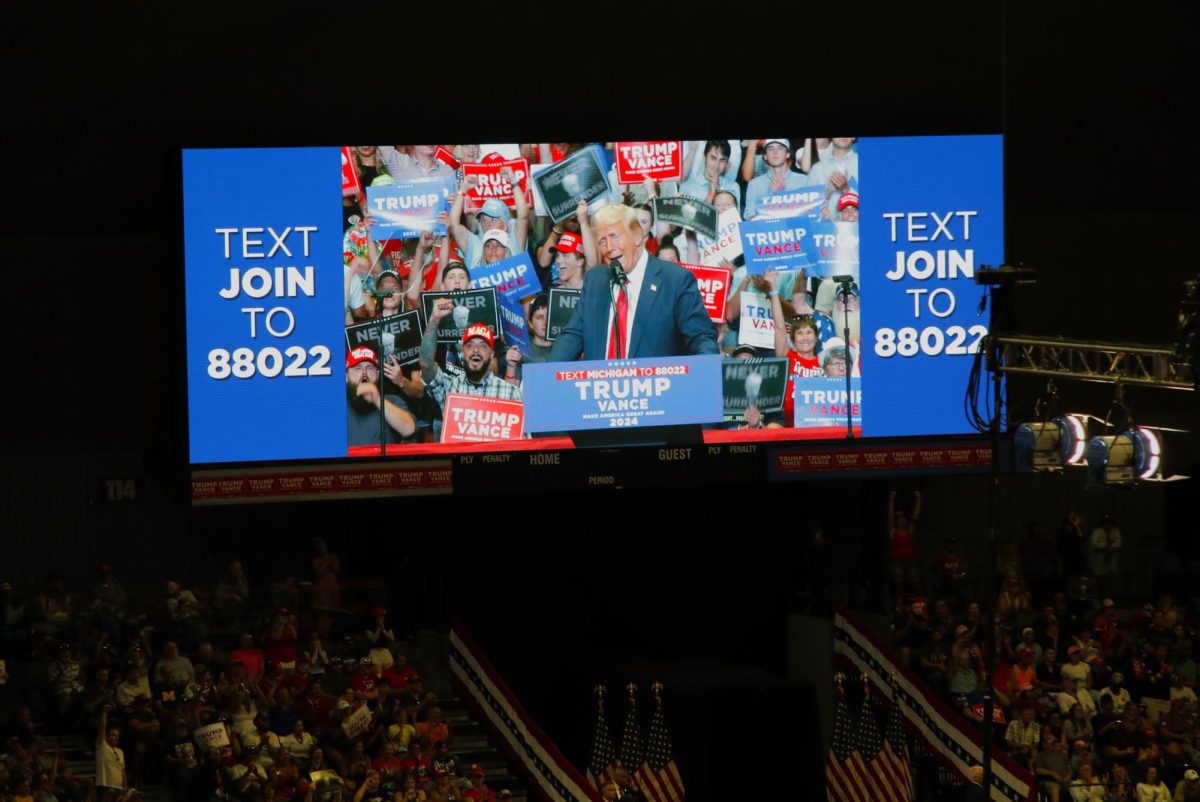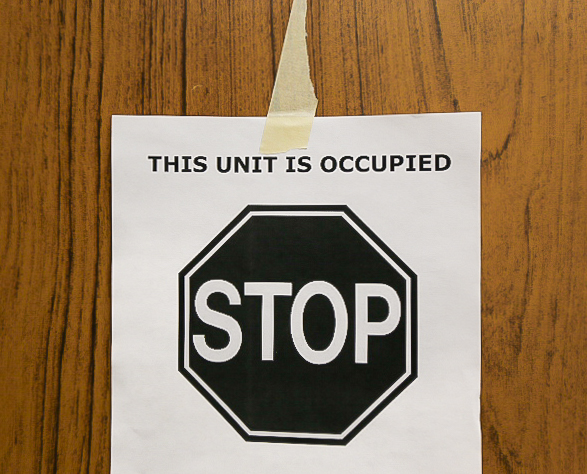Editorial: The highs and lows of public and private responses to Women’s History Month
Mar 14, 2022
March is Women’s History Month, with International Women’s Day having been this past week on March 8. This month has seen public comments from universities, celebrities and large corporate entities. But frequently, public support for Women’s History Month from giant companies is overshadowed by gender bias at a managerial level and company-wide discrepancies in pay.
Throughout February, March and June, organizations often show their support on social media, filling their feed with the Black Lives Matter logo, inspiring quotes from female entrepreneurs and rainbow logo redesigns.
While these online displays of support have become something of an expectation in our social media-dominated world, they often come across as disingenuous, cheap plays to boost a brand’s image. Many spectators are left to wonder whether or not the posts are genuine, or if the support is just delivered to make sure the user is viewed as “woke.”
This International Women’s day, a UK-based twitter bot, @PayGapApp, responded to public statements made by UK companies with information on their pay gap between men and women, thus exposing the companies for their shallow support.
Is the purpose of Women’s History Month to support women, raise awareness of issues like the gender pay gap, advocate for change or celebrate the accomplishments of women?
Ideally, we think, women’s history should go far beyond a social media post to include all of these things. Despite some empty bouts of support, there is still hope that can be found in other organizations using their platforms for empowerment or advocacy.
We commend the opportunities GVSU has created to learn about, celebrate and support women, people of color and members of the LGBT community not just during their respective months, but throughout the year. Student organizations, campus events and resources show a concerted effort to encourage learning and action in the GVSU community.
Education, resources and support are the key to facilitating change. Higher education has an incredible capacity to inform student’s perspectives as they prepare to enter their careers and make an impact within and beyond the GVSU community.
What GVSU student’s learn, during Women’s History Month and beyond, will stay with them after they graduate. In their careers as teachers, nurses, police officers and social media managers, they will know it will take more than a Twitter post to create necessary systemic change.
Women’s History Month is important. It’s important to highlight the qualities, successes and importance that women have in our culture and the world. It’s also important to interrogate the history of sexism and the patriarchal narratives and assumptions that it’s produced.
It’s obvious that these stereotypes aren’t true, and are things of the past, perpetuated by inequitable systems and policies. While Women’s History Month has value, most engagement with it from institutions seems like more of a promotional stunt than actual exercises in critical reflection and scholarship.




